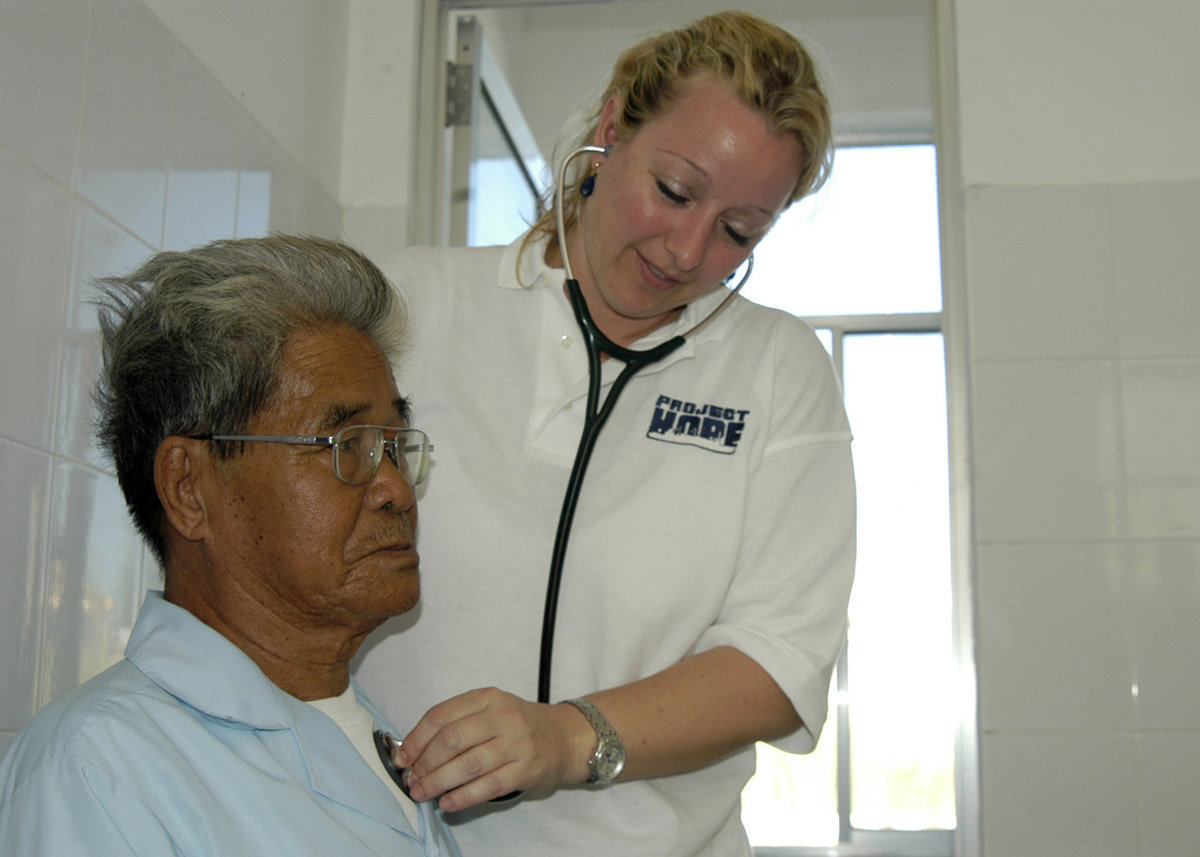
Low pulse
There are many causes for this problem, ranging from a heart disease to cardiac abnormalities. Heart problems are not the only medical issues that trigger low pulse troubles. This symptom can also be created because of the metabolic imbalance or some lung problems. Remember that low pulse does not necessarily always suggest a problem, though it usually does. This problem is common among athletes who have a healthy and good cardiovascular system. A pulse from 60 to 100 beats per minute is considered as normal for an adult. This is connected with the relaxation state, while some more emotional situation will surely give a higher number. The pulse will depend on several factors. Those are emotional state, medications that are maybe used and the climate.
The problem known in the professional circles as bradycardia is actually the problem we are talking about. The pulse which is below the 60 beats per minute is considered to be slow and it may be caused by a far more serious and harmful medical issue. If the problem is present, a visit to the physician is needed. The problem in question is common among older people because the heart gets older by time. People who have cardiac abnormalities like arteries hardening or atherosclerosis have higher chances for having low pulse. This also goes for the ones with history of heart attacks. The cause will be determined in order to see what is the reason for this symptom. The most common cause refers to the heart problems, but sometimes this problem can be caused by something completely different. Those are, for example, lung problems like emphysema or thyroid that is underactive.
There are cases when the exact cause cannot be determined, which happens when there are no other symptoms to direct a doctor to a certain problem. The most common symptoms are breath shortness, fainting, dizziness, impaired mental faculties, sleeping problems, and impaired memory, while chest pain is connected with more serious problem causing this symptom.
Measuring the Pulse
The rate your heart beats is the heart pulse, also called heart rate. Another serious item is the strength and the rhythm of the heartbeat. It can also suggest a medical problem, usually connected with heart. You can feel the pulsing on some areas of the body that have blood vessels located closer to the skin. Try to count them and you will get your pulse rate. Resting pulse is a name used for measuring the pulse. This is usually done in a hospital, but you can also do it at your home, too. Do this when you wake up in the morning or after some exercises or strenuous activity. Count them for one period of time, from 15 to 20 seconds, and multiply the received number in order to get a full minute. By doing this, the counting will be faster.


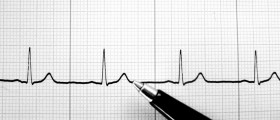


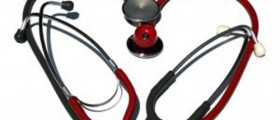
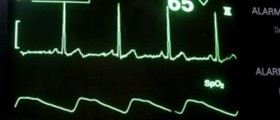



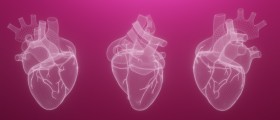



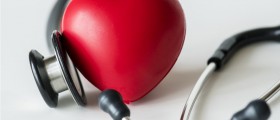


Your thoughts on this
Loading...